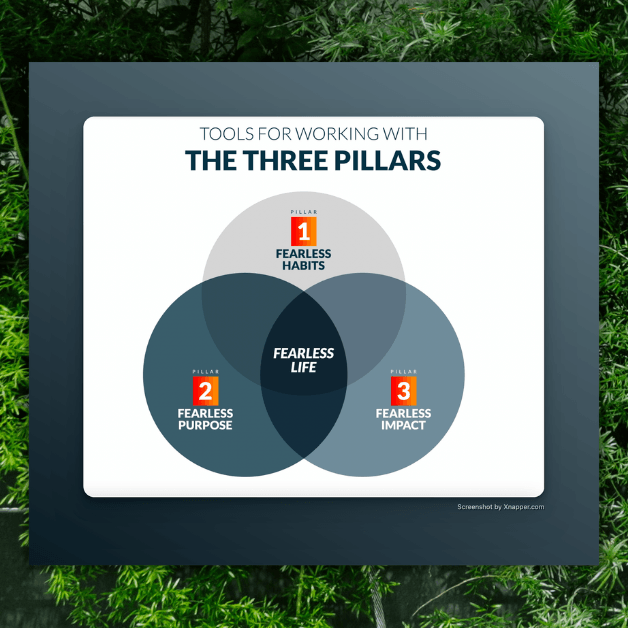By Leo Babauta
Stress is a part of life, and eliminating it is a fool’s errand. If you ever succeeded in eliminating all of stress, your life would be boring and you’d have removed yourself from anything meaningful.
That said … too much stress can be toxic. It can negatively affect our sleep, our health, our relationships, our happiness. If your stress levels are high on a regular basis, it’s like having a smoking habit – it will take its toll over time.
So how do we reduce stress levels to something manageable? I’m going to share some of the most important ways to shift stress in your life. They might not be new to you, but I strongly encourage you to view them as life-savers, and commit to putting them into practice.
- Relaxed State of Being: In each moment, we can be constricted and tight, or relaxed and open. Which are you right now? Can you breathe deeper and allow yourself to relax and open? This state of relaxed being is always available to us, but we have to recognize when we’re in a constricted state, and take responsibility for bringing ourselves to the open state. It’s a practice, and the more you consciously put yourself into this state, the easier it becomes. Can you walk around more of the day in openness and this relaxed state of being?
- Breathing Practice: When you’re stressed and feeling in a constricted state … take a moment to breathe deeper into your belly. When we’re constricted and stressed, our breathing is shallow (we’re in a fight-or-flight state). So breathing helps move your nervous system into a more relaxed state, as if you’re not in any danger (and you’re not, even if it feels like it a lot of the time). Practice this 5 times a day (or more) and you’ll see a huge difference in your stress levels.
- Simplify and Prioritize: Our lives are filled with endless choices and commitments, and simplifying can be liberating. Take a step back and evaluate your responsibilities. What truly matters? Can you reduce your commitments, put things on the back burner, and let go of things so you have less on your plate? Find clarity between what’s essential and what’s merely adding to your stress. Learn to say no to tasks that don’t align with your priorities. Embrace the beauty of a simplified schedule, allowing space for spontaneity and relaxation. Then practice doing one thing at a time – letting go of everything else that’s calling for your attention. This single-tasking mode helps you to focus more, and worry less.
- Nurture through Nature: Nature has an innate ability to soothe our minds and restore our spirits. Spending time outdoors, walking or otherwise being active each day, can have a profound impact on our stress levels. Disconnect from screens and immerse yourself in the natural world. Listen to the rustling of leaves, feel the warmth of the sun on your skin, and breathe in the fresh air.
- Awe & Gratitude Practice: While you’re out in nature, let yourself open to a sense of something bigger. Stress levels are high when we’re too focused on the disaster we feel is in front of us, but when we open to a sense of the wider world, it lets some of that stress go. When we practice awe at the world around us, it helps us to open. When we remember what we have to be grateful for, we feel a sense of appreciation for life. These might sound trite, but I encourage you to take them on as a true practice – something you explore with a sense of discovery, to learn what the practice has to offer. It will change your life.
Remember, reducing stress is not about eliminating challenges from your life, but about changing your relationship with them. By integrating these practices into your day, you can build resilience and find beauty in the midst of chaos. Start small, be patient with yourself, and allow these habits to gradually transform your experience. As you embrace mindful breathing, simplify your life, and reconnect with nature, you’ll find that stress loses its grip, making way for a more serene and fulfilling existence.
